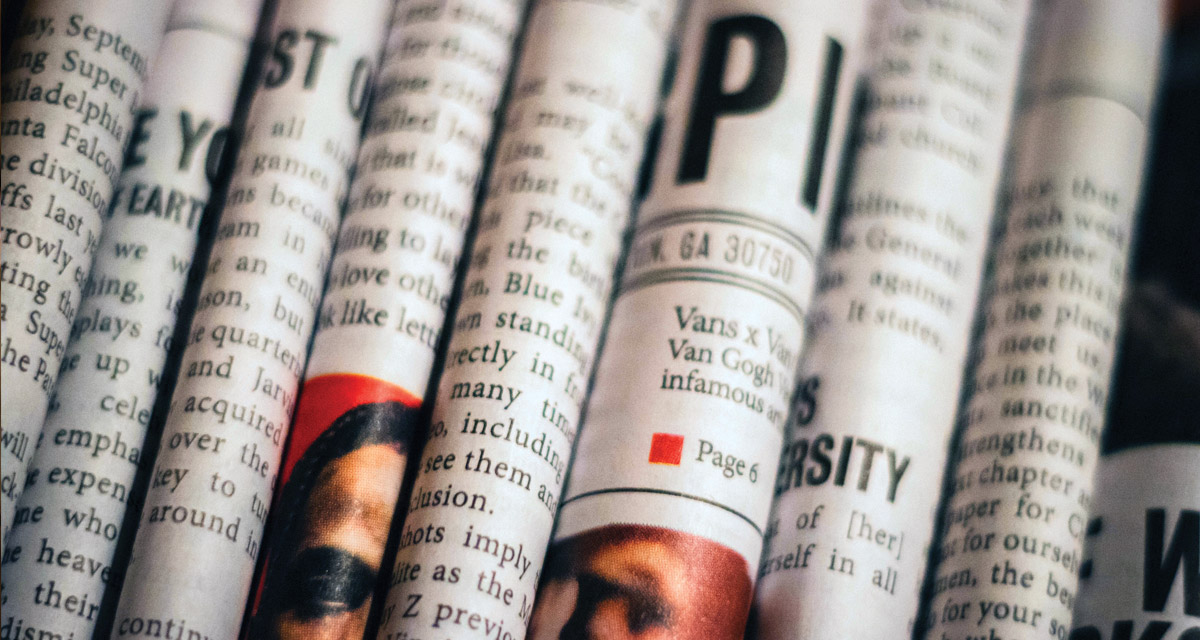“We are all journalists now.”~Engin Onder, founder of 140 Journos
“Today, we are ALL journalists.”~Michael Rosenblum, founding father of videojournalism
These two quotes may, at first glance, seem to be making the same claim. True, if we have access to an audience on social media, we have become journalists. When we contextualize these two statements, however, we see that one is right and one is wrong.
Here is the background of the author of one of the quotes, Engin Onder, a young man just out of his teenage years who decided to adopt the responsibility of citizen journalism with the power we all have through social media:
On December 28, 2011, two Turkish jets dropped bombs on an innocent group of villagers who were initially believed to be Kurdish militants. Bound, as 21-year-old Engin Onder believed, by government censorship, the main news networks in Turkey refused to cover the 34 villager deaths for hours after the attack. Onder instigated the citizen journalism group 140 Journos, which utilized social media to speak “illegal” truths about his government.
Turkey is a nation that imprisons more journalists than any other. However, Onder’s network grew as citizens recognized the need for, and took on the responsibility of, journalists. 140 Journos covered the Gezi Park protests, which began as a sit-in against the demolition of an Istanbul park and soon instigated a full-fledged anti-government protest. Onder admired the work of the contributors who covered the rebellion and recognized the power of technology by saying “We are all journalists now.” In announcing this, he emphasized the potential social media offer; he does not concede that all of us fulfill, or even attempt to fulfill, that potential.
Onder understood that to be a journalist, even a civilian journalist, you must adopt the responsibility and the essential values of the calling.
- You must, first and foremost, have an obligation to the truth.
- You must be dedicated to upholding democracy by keeping authority structures in check.
- You must be committed to the verification and contextualization of all essential facts.
- You must restrict your own bias by displaying all relevant sides of a situation or dispute.
Esra Arsan, a professor of journalism at an Istanbul University, commented on the 140 Journos group, saying, “There is a huge potential of distortion and manipulation in social media. But in Turkey, in my country, these people are trying to spread real information.”
This dedication to truth flies in the face of the idea behind the second quote at the beginning of this article.
In his article “Today We Are All Journalists” the founding father of videojournalism, Michael Rosenblum claims, “Everyone who contributes to Facebook or Instagram or YouTube or Twitter—anyone who contributes content to the vast and ever-growing sprawl of the information media matrix is a journalist.”
Journalism requires a much greater commitment and task-orientation than Rosenblum acknowledges in his article. It is more than uploading a video, commenting on a post, or sharing a story. Journalism is the publication of verified, contextualized information that strives to communicate the best available version of the truth to readers.
Onder recognized true journalism in the members of 140 Journos. He witnessed their commitment to unbiased publication of his country’s political situation and said, “It’s a lot of responsibility. They’re writing a history of the present.”
So, how can one of the two almost identical quotes be true and the other false? When these two individuals choose to call all modern people journalists, they are focusing on two different sides of the coin. Onder is conforming to the historical view of journalism by focusing awareness on the responsibility that comes with our ability to act as citizen journalists. In a way, Onder is saying we are all journalists if, like 140 Journos, we choose to take on the responsibility. Rosenblum is interested in the power alone and makes the false assertion that because we have the potential to have power, we automatically wield it.
With great power comes great responsibility but that does not mean everyone with power turns out to be a superhero.
If we have chosen to abuse the power of citizen journalism by spreading rumors, fake news, and misinformation, we have decided to abandon the values that good journalists must hold, and become villains.
We may have the power of journalists, but that doesn’t mean we have chosen to take on both the power and the responsibility—we are civilians until we choose to take on the role of hero or villain.























